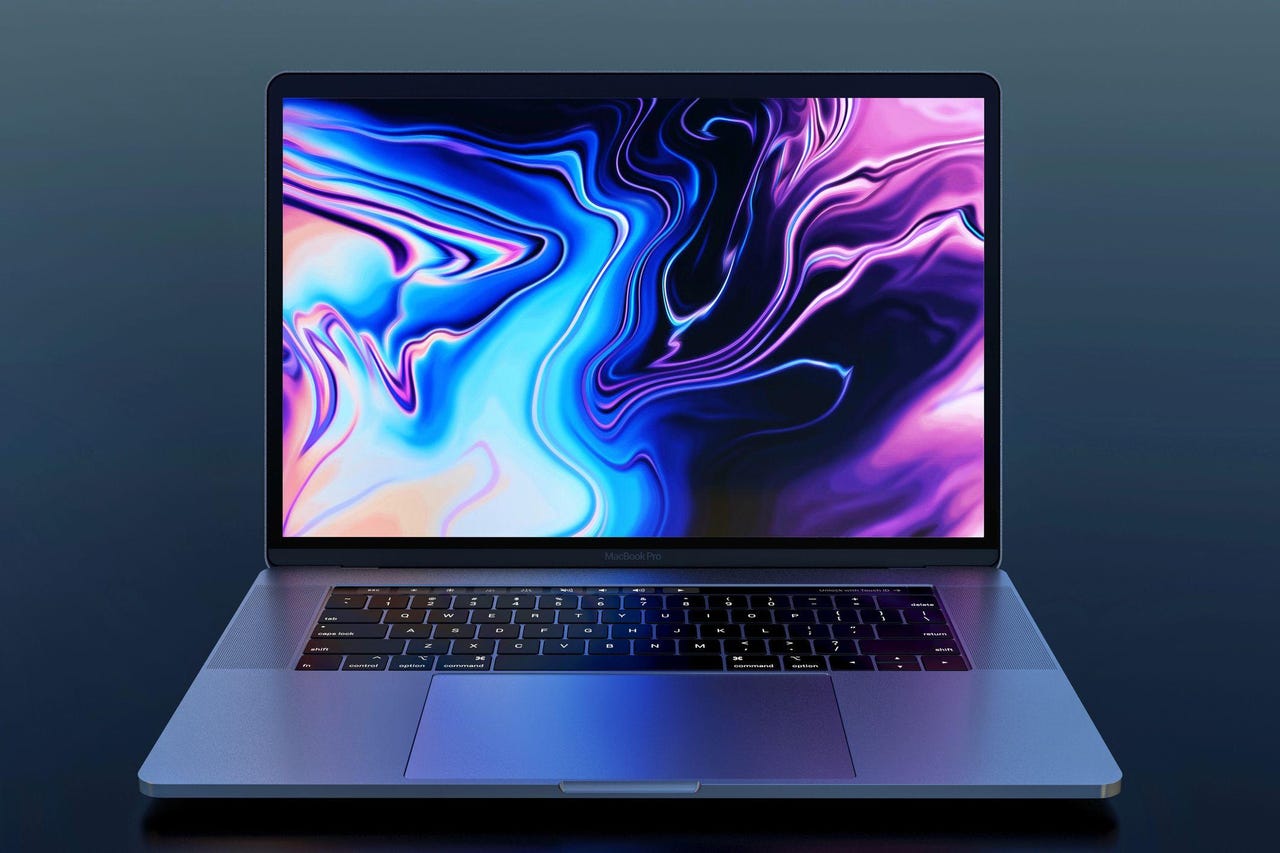
How Does Apple Designating These 9 Mac Models as Obsolete Affect You? Insights From ZDNet | ZDNet

Apple Updates Obsolete List with 9 More Mac Models - Understanding the Consequences Analysis

MacBook Pro 2018 15-inch Silver laptop computer.
Jason Cipriani/ZDNet
Apple has quietly designated nine Mac models as obsolete and three MacBooks as vintage. These changes were initially spotted by MacRumors on the tech giant’s support website.
Also: M3 MacBook Air review: Apple’s AI computer for the masses has arrived
Before going over the new entries, it’s important to define the terms . “Obsolete”, in this context, means a product that Apple stopped selling over seven years ago. As a result, the company will no longer offer repairs or hardware services . Third-party service providers can’t even order parts for the devices.
There is one exception to the rule. If you bought one of the affected MacBook models within the past 10 years, you “may be eligible for an extended battery-only repair” – so long as supplies last. Apple will not be manufacturing any more batteries.
Also: M3 MacBook Air vs. M2 MacBook Air: Which Apple laptop should you buy?
“Vintage”, on the other hand, refers to a product that Apple stopped selling over five years ago, but “less than seven”. The major difference here is the tech giant will still offer parts and service. However, the availability of the components can differ.
Newsletters
ZDNET Tech Today
ZDNET’s Tech Today newsletter is a daily briefing of the newest, most talked about stories, five days a week.
Subscribe
With the explanations out of the way, here is the list of all the obsolete Macs:
- 21.5-inch iMac from late 2015
- 21.5-inch Mac with the 4K Retina display from late 2015
- 27-inch Mac with the 5K Retina display from late 2015
- 13-inch MacBook Air from early 2015
- 13-inch MacBook Pro with the Retina display from early 2015
- 12-inch MacBook with the Retina display from early 2016
- 13-inch MacBook Pro with two Thunderbolt 3 ports from 2016
- 13-inch MacBook Pro with four Thunderbolt 3 ports from 2016
- 15-inch MacBook Pro from 2016
Also: I recommend this 15-inch MacBook Air to most people, and it’s still $250 off
The following list covers all of the vintage products:
- 13–inch MacBook Pro with two Thunderbolt 3 ports from 2017
- 13-inch MacBook Air with the Retina display from 2018
- 13-inch MacBook Pro with four Thunderbolt 3 ports from 2018
Owners of a vintage MacBook should get any repairs done as soon as possible. That 2017 MacBook will be joining the obsolete list some time next year. Then in 2026, the other two are making the jump. Obsolete Mac users are sadly out of luck, unless you can find a third-party provider already possessing the part you need or you can find something on eBay.
It’s a disappointing situation for some people although it’s not surprising. Apple doesn’t really focus on “old” devices, preferring to instead focus on the “new”. Recent rumors claim the tech giant is set to unveil the M4 Mac Mini in October . It’s possible Apple is freeing up room and resources for the upcoming model.
ZDNET Recommends
The best smartwatches you can buy: Apple, Samsung, Google, and more compared
The 5 best VPN services (and tips to choose the right one for you)
The best Android phones you can buy (including a surprise pick)
The best robot vacuum and mop combos (and if they’re worth the money)
- The best smartwatches you can buy: Apple, Samsung, Google, and more compared
- The 5 best VPN services (and tips to choose the right one for you)
- The best Android phones you can buy (including a surprise pick)
- The best robot vacuum and mop combos (and if they’re worth the money)
Also read:
- [New] 2024 Approved Unbeatable FreeFire Gaming Hashtag & Strategy Insights
- [New] In 2024, Spotlight Series Celebrating Top 10 Game Bloggers
- [Updated] 2024 Approved Navigating Free Art Online A Guide & Top Sites
- [Updated] Evolutionary Tools Redefining the Art of Game Capture Beyond FBX for 2024
- Convert Your Videos with Movavi: A FREE Online Tool for Turning AVI Files Into MPEG - Effortless and Safe!
- Easy Fixes for Your Elgato HD60 Driver Troubles - Step-by-Step Solutions
- Installing Device Drivers Manually in Windows Without an Internet Connection
- Mastering Computer Components - A Deep Dive by Tom's Electronics Guru
- Qualcomm CEO Confirms Rollout of High-End, Snapdragon X Equipped Computers Priced at 700 USD for Next Year
- Title: How Does Apple Designating These 9 Mac Models as Obsolete Affect You? Insights From ZDNet | ZDNet
- Author: Joseph
- Created at : 2024-11-12 03:35:16
- Updated at : 2024-11-16 05:00:05
- Link: https://hardware-help.techidaily.com/how-does-apple-designating-these-9-mac-models-as-obsolete-affect-you-insights-from-zdnet-zdnet/
- License: This work is licensed under CC BY-NC-SA 4.0.